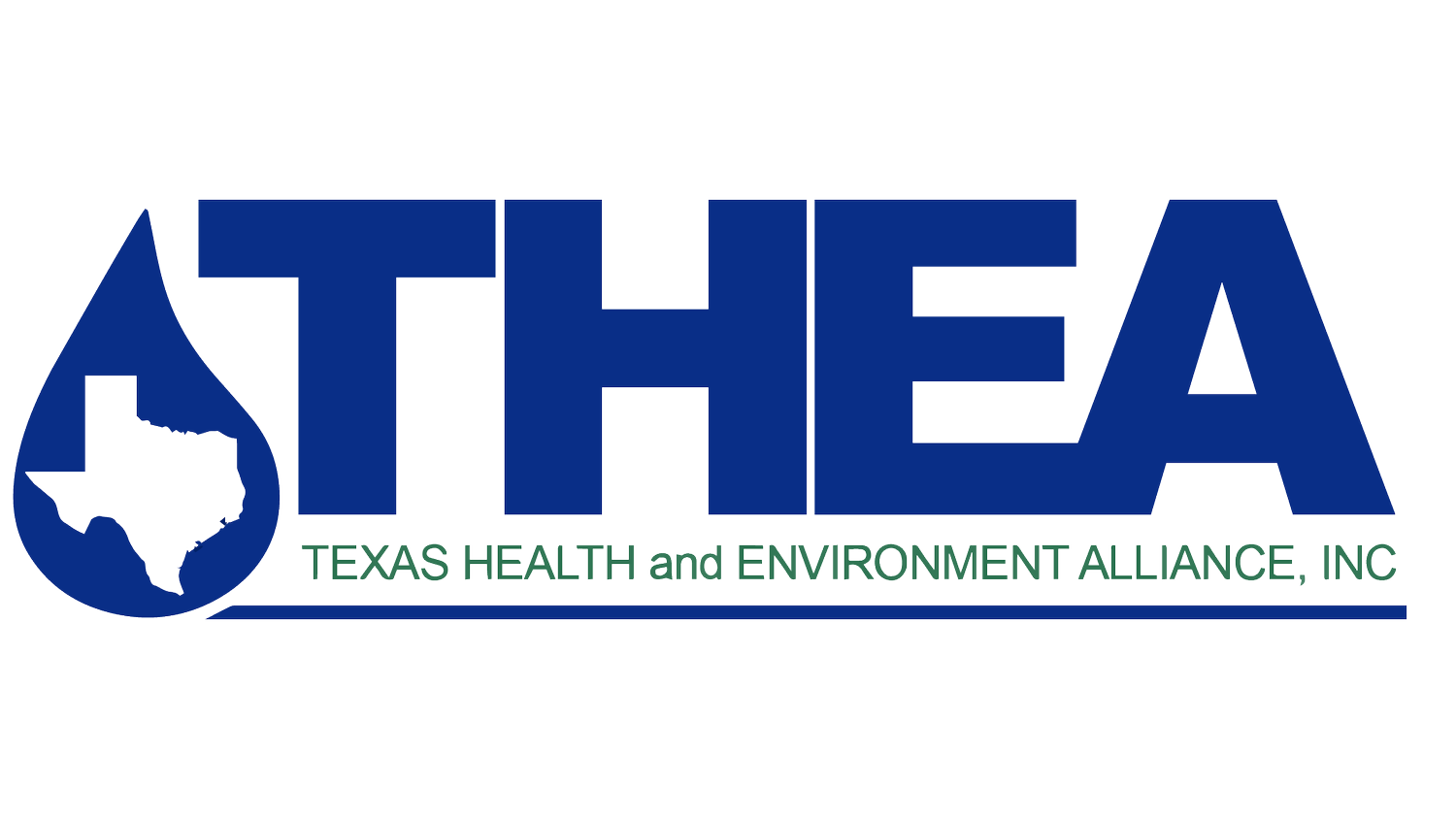EPA Bans Two Chemicals Found In Jones Road Water
The EPA has banned the use of two known carcinogens used in the dry cleaning industry, trichloroethylene, or TCE, and perchloroethylene, known as PERC. Those are the same chemicals that have been a threat to residents near the Jones Road Ground Water Plume Superfund Site ever since a dry cleaning company dumped its waste material behind its business.
According to the EPA’s announcement:
TCE is an extremely toxic chemical known to cause liver cancer, kidney cancer, and non-Hodgkin’s lymphoma. TCE also causes damage to the central nervous system, liver, kidneys, immune system, reproductive organs, and fetal heart defects. These risks are present even at very small concentrations. Under today’s rule, all uses of TCE will be banned over time (with the vast majority of identified risks eliminated within one year), and safer alternatives are readily available for the majority of uses.
PCE is known to cause liver, kidney, brain and testicular cancer, as well as damage to the kidney, liver and immune system, neurotoxicity, and reproductive toxicity. Today’s final rule will better protect people from these risks by banning manufacture, processing and distribution in commerce of PCE for all consumer uses and many commercial uses, while allowing some workplace uses to continue only where robust workplace controls can be implemented.
In the case of Jones Road, EPA sampling early this year found PERC in residential water wells at levels that exceeded its maximum containment levels. That means the chemical is still a threat to the community more than 20 years after the dry cleaner was caught and shut down.
The EPA rule focuses on workplaces and products. Workplaces and manufacturers will have 30 months to transition away from using TCE and PERC.
The announcement highlights the potential danger facing the community around the Jones Road Superfund Site. The EPA has struggled to convince homeowners to stop using well water and switch to municipal water supplies. The agency is currently reevaluating its cleanup plans and ordering more testing in the area.
THEA’s position is that the EPA needs to move more quickly to remove the carcinogens from the ground water. That was the original approach that the EPA approved before changing plans to simply ask residents to stop using water wells.
